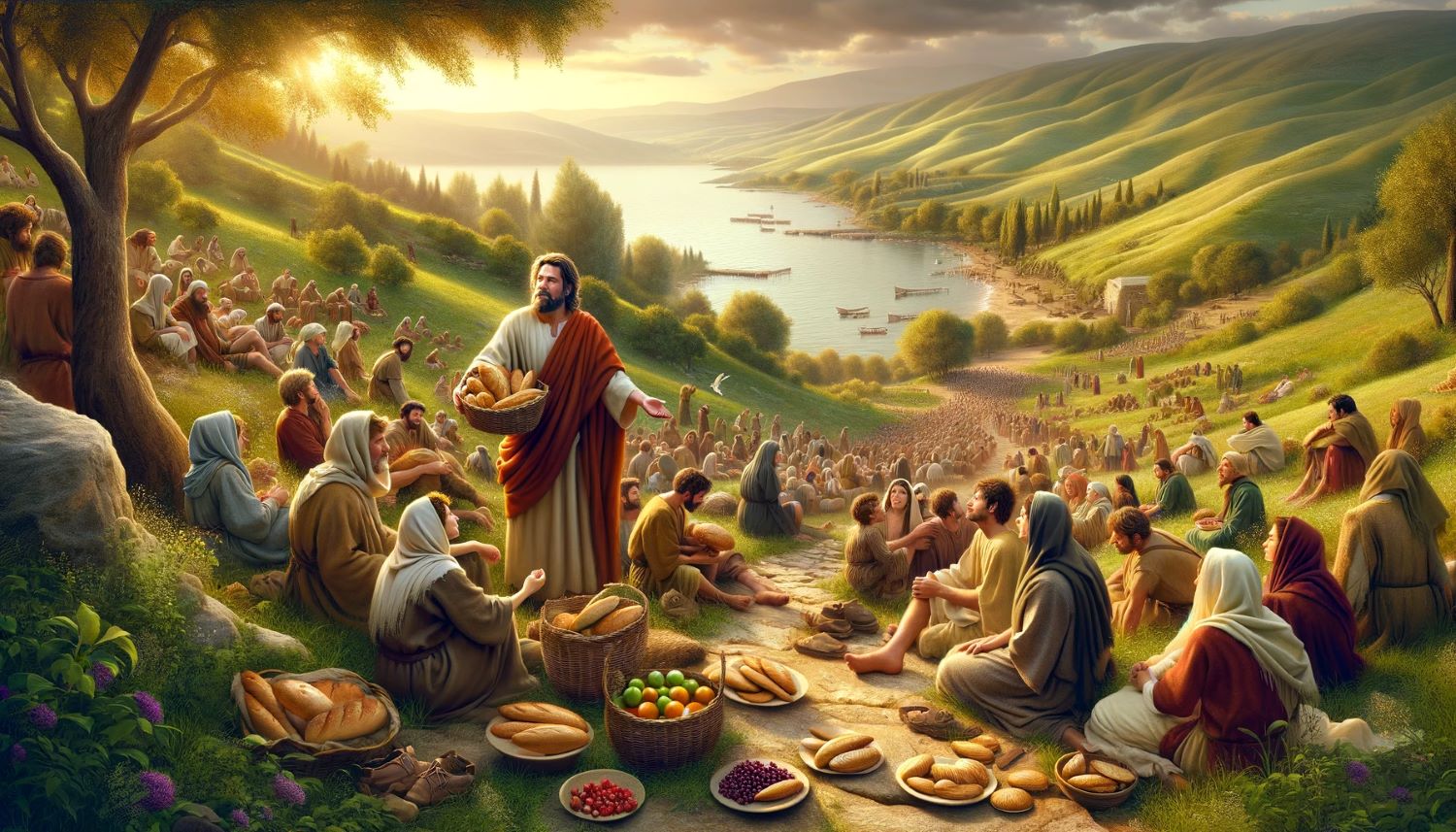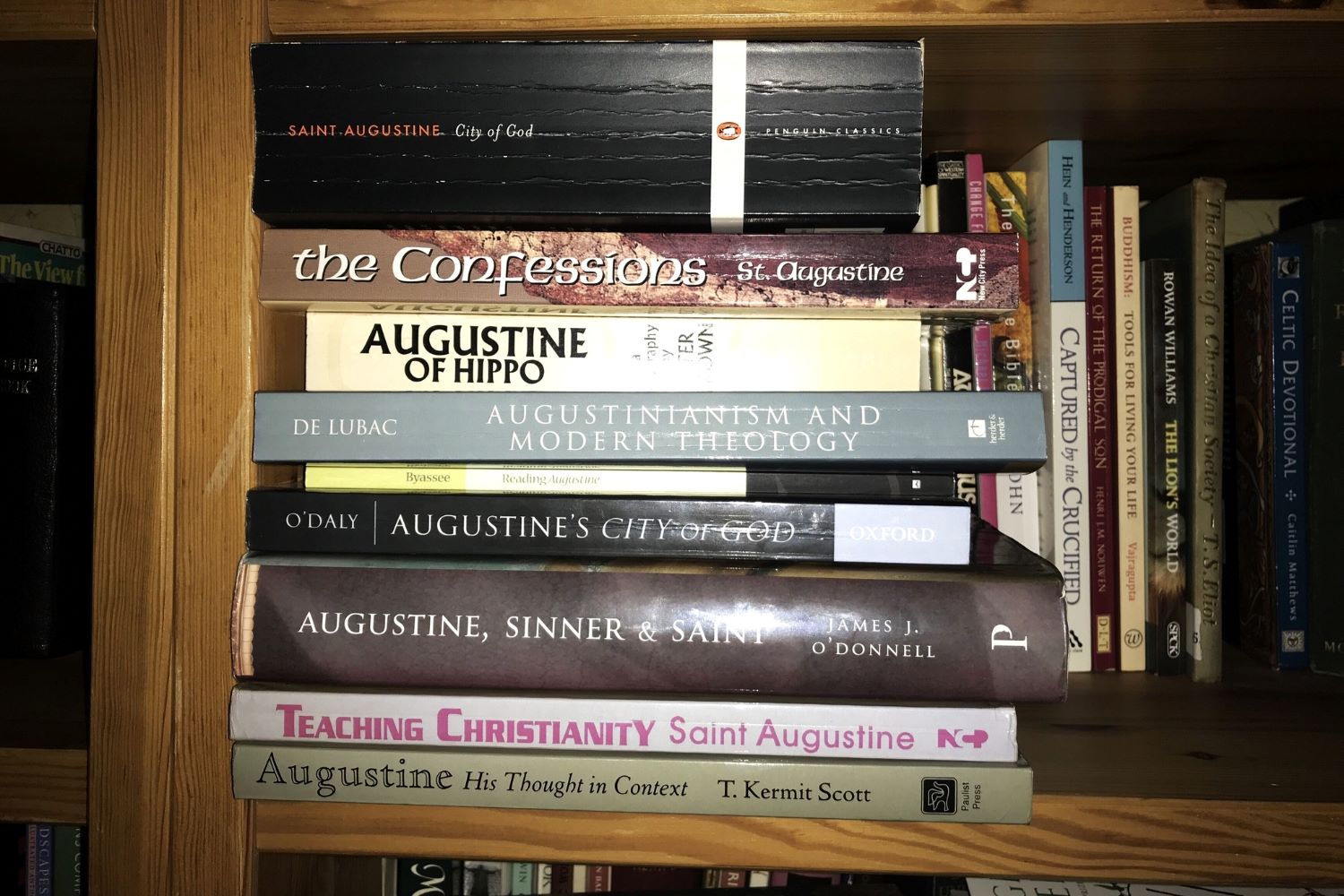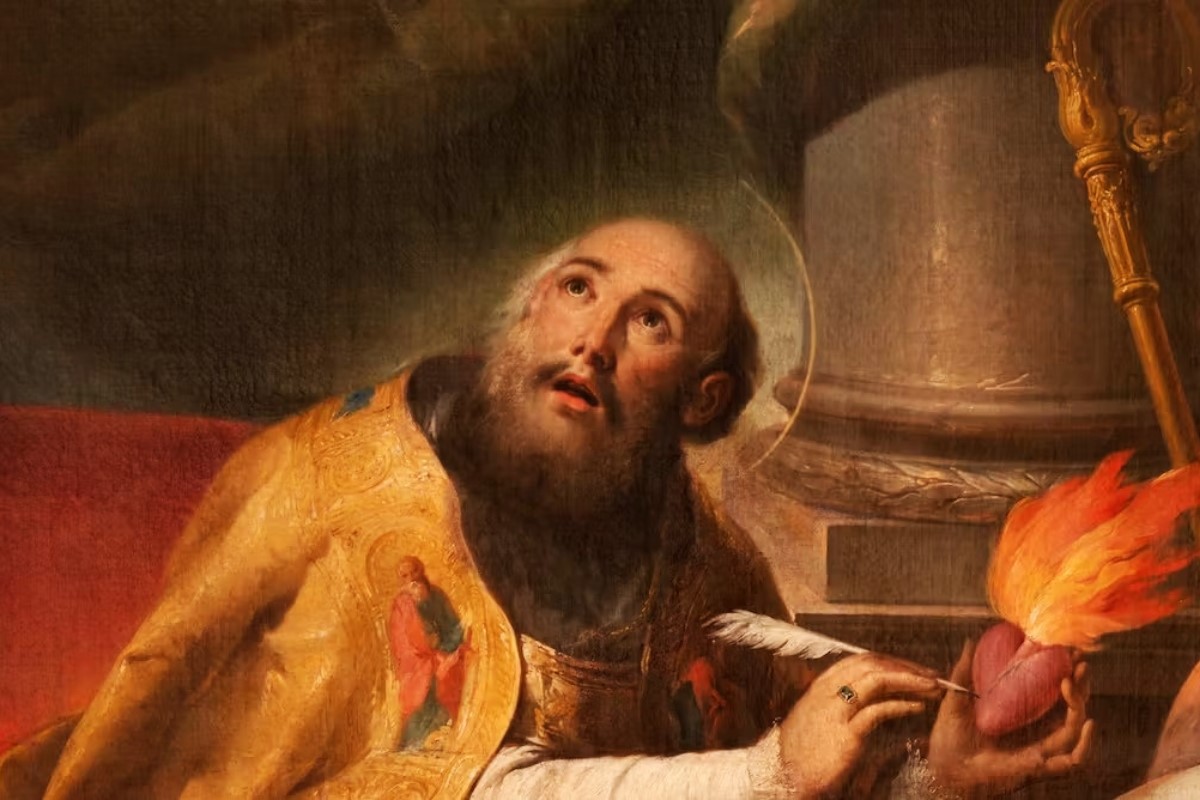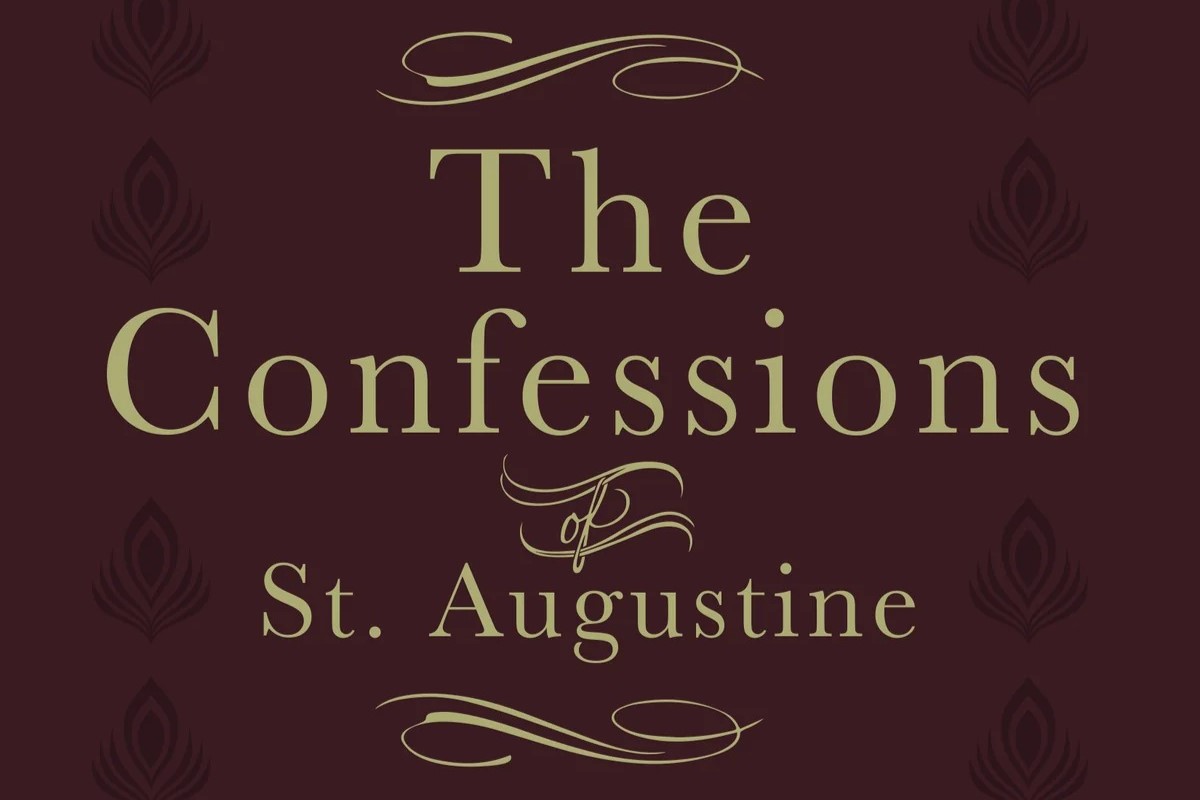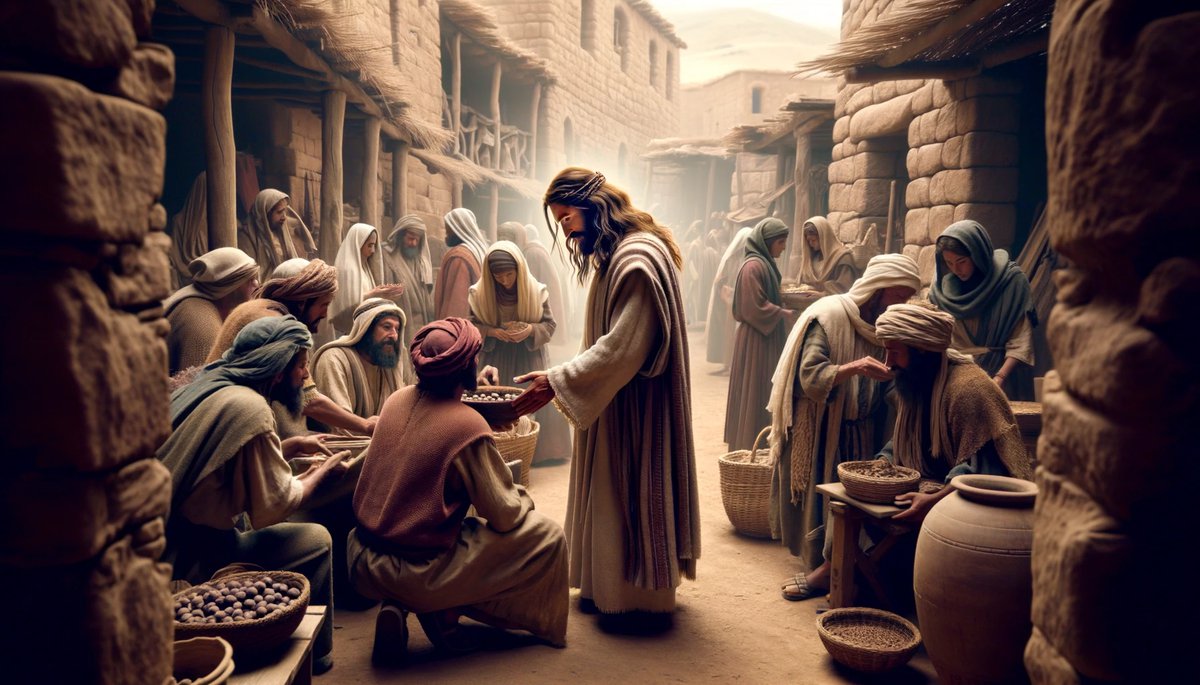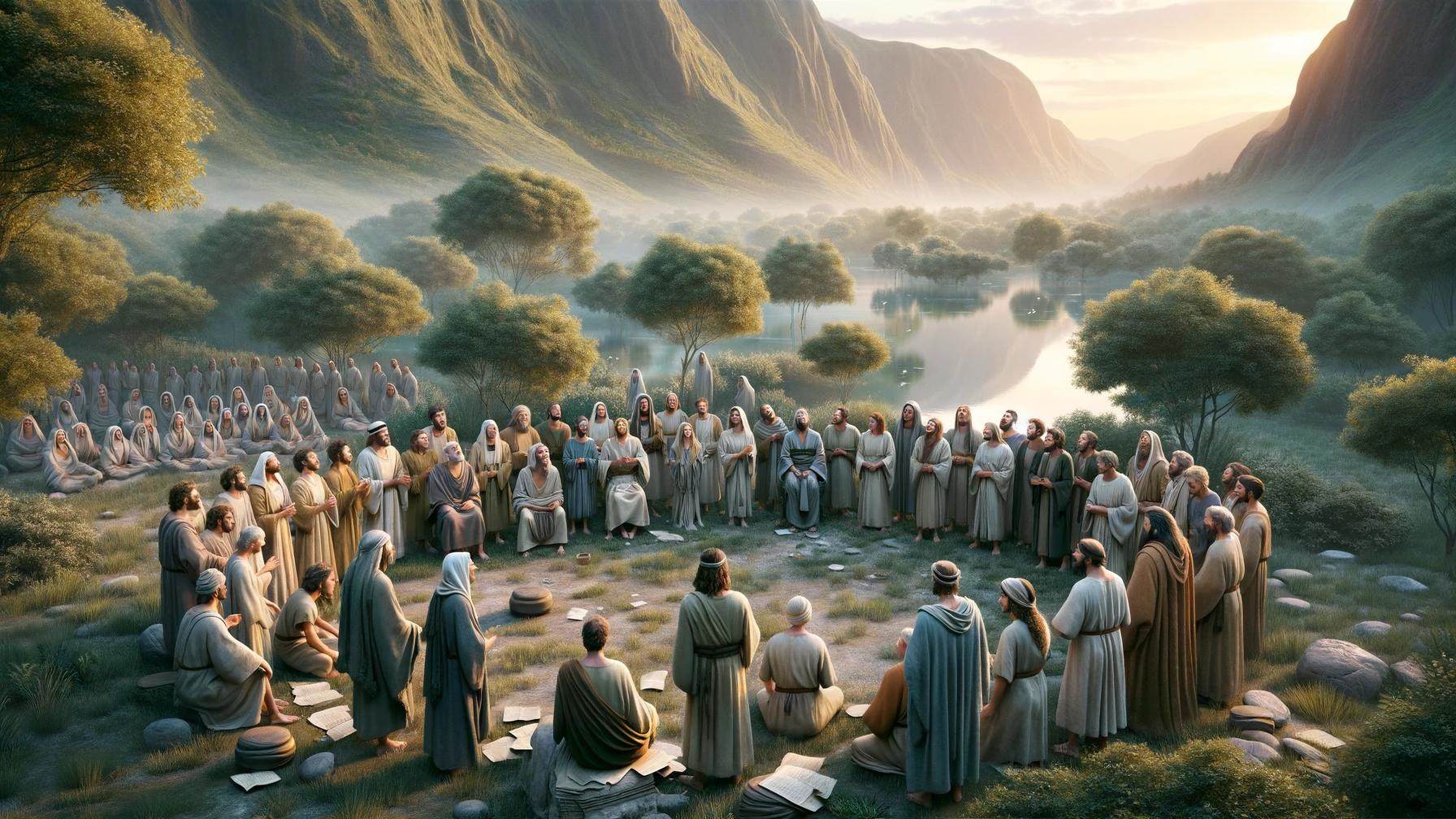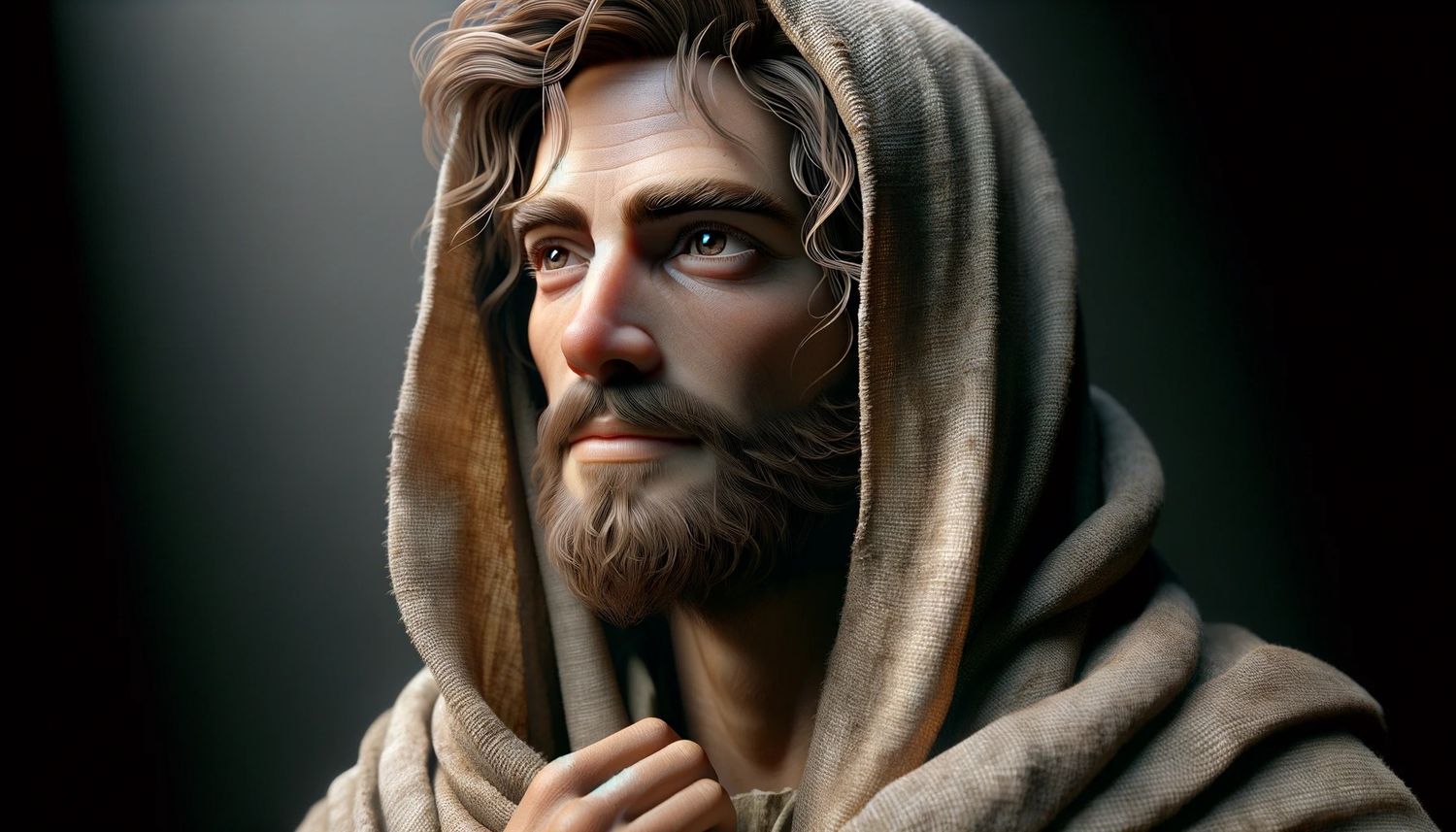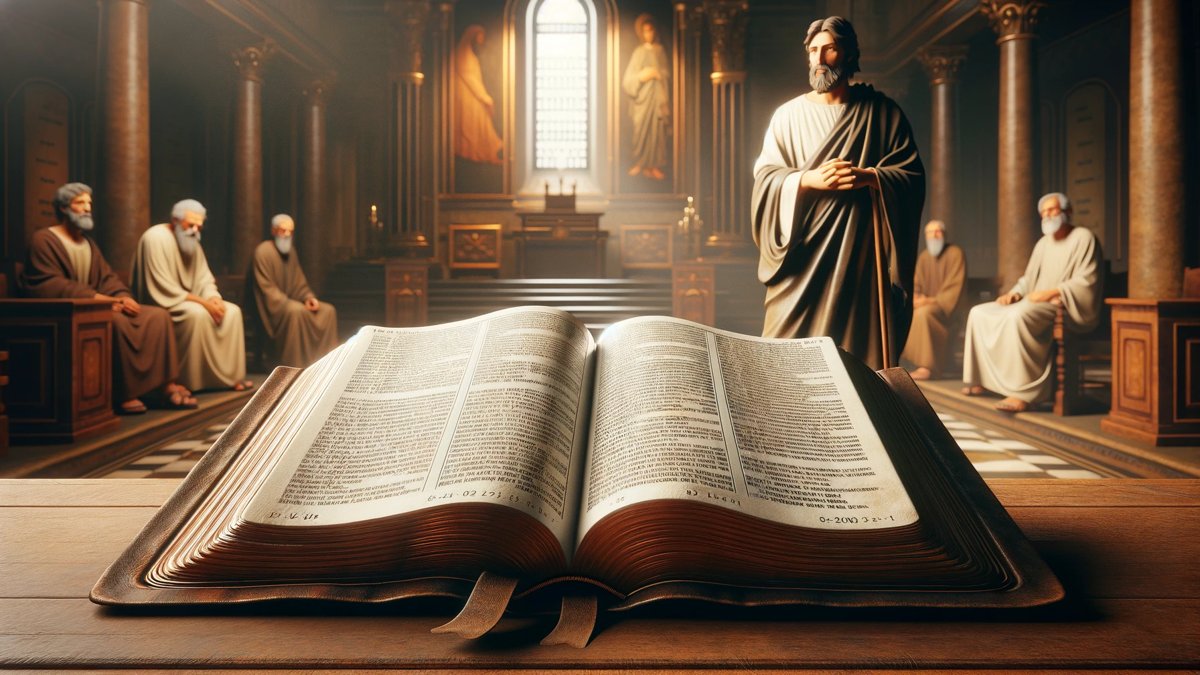Home>Arts and Culture>How Many Hymns Did Fanny Crosby Write
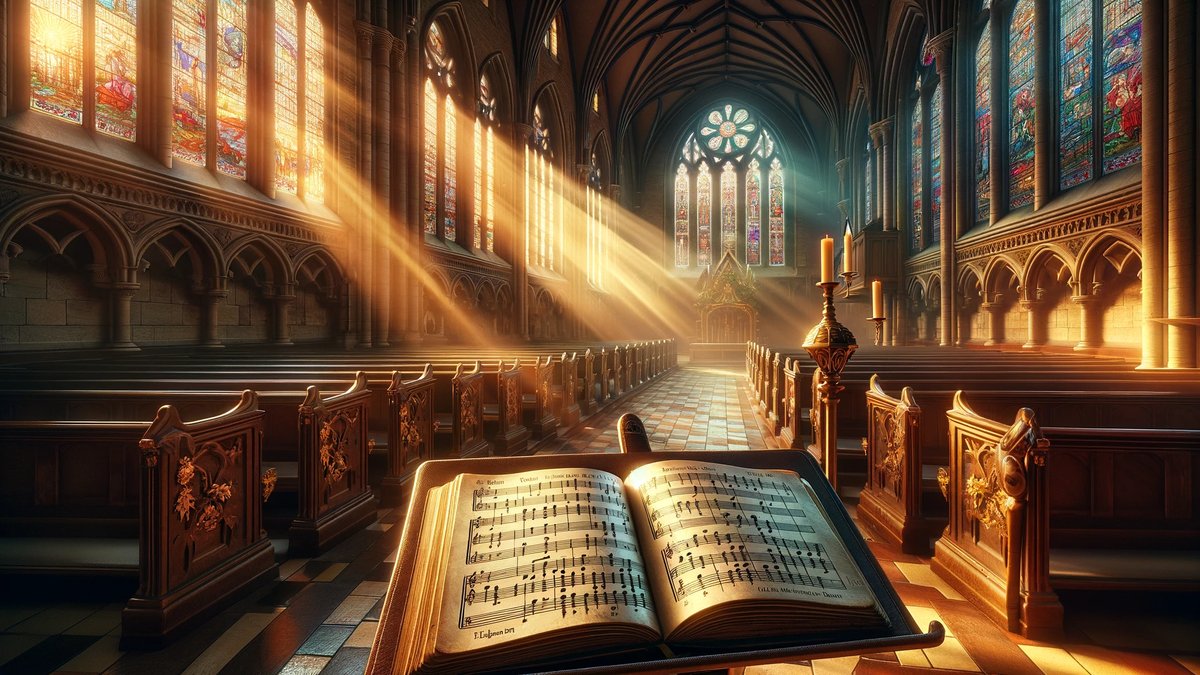

Arts and Culture
How Many Hymns Did Fanny Crosby Write
Published: March 7, 2024
Peter Smith, Editorial Director at Christian.net, combines deep insights into faith, politics, and culture to lead content creation that resonates widely. Awarded for his contributions to religious discourse, he previously headed a major organization for religious communicators, enhancing dialogue on faith's societal impacts.
Discover the prolific hymn-writing legacy of Fanny Crosby, a renowned figure in arts and culture. Learn about her impact and contributions to music history.
(Many of the links in this article redirect to a specific reviewed product. Your purchase of these products through affiliate links helps to generate commission for Christian.net, at no extra cost. Learn more)
Table of Contents
Introduction
How many hymns did Fanny Crosby write? This is a question that often arises when discussing the prolific hymn writer's contributions to Christian music. Fanny Crosby, a blind American hymnist, is renowned for her remarkable talent and profound impact on hymnody. Her hymns have touched the hearts of countless individuals and continue to be sung in churches around the world. In this article, we will delve into Fanny Crosby's life, her inspiration for writing hymns, her influence on hymnody, the process of composing hymns, and the enduring legacy of her musical contributions.
Read more: How Many Hymns Did Charles Wesley Write?
Fanny Crosby's Early Life and Inspiration
Fanny Crosby, born in 1820 in Southeast, New York, lost her sight at the tender age of six weeks due to a medical mishap. Despite her blindness, she exhibited remarkable intelligence and a deep love for music from an early age. Her grandmother played a pivotal role in nurturing her musical talents, teaching her to play the piano and exposing her to a wide array of musical genres. Crosby's deep faith was also instilled in her from a young age, as she was raised in a devout Christian household. This early exposure to music and spirituality laid the foundation for her future career as a prolific hymn writer.
Crosby's inspiration for writing hymns stemmed from her unwavering faith and her desire to share the message of God's love and grace with others. Her deep spiritual convictions and personal experiences served as the wellspring of her lyrical compositions. Despite facing numerous challenges and societal barriers due to her disability, Crosby remained steadfast in her devotion to God and used her gift of songwriting to inspire and uplift others. Her hymns often reflected themes of hope, redemption, and the assurance of God's presence in the midst of adversity, resonating deeply with audiences across generations.
Fanny Crosby's Early Life and Inspiration
- Born in 1820 in Southeast, New York
- Lost her sight at six weeks old
- Nurtured musical talents by her grandmother
- Raised in a devout Christian household
- Deep faith and love for music from an early age
- Desire to share the message of God's love and grace through hymns
- Overcame challenges and societal barriers
- Hymns reflected themes of hope, redemption, and God's presence
Fanny Crosby's Impact on Hymnody
Fanny Crosby's impact on hymnody is immeasurable, as her contributions revolutionized the landscape of Christian music. Her hymns, characterized by their poignant lyrics and timeless melodies, have left an indelible mark on the genre. Crosby's ability to convey profound spiritual truths through her hymns resonated with audiences, transcending cultural and denominational boundaries. Her compositions encompassed a diverse range of themes, from the assurance of God's faithfulness to the longing for heavenly eternity, addressing the multifaceted aspects of the Christian faith.
Crosby's hymns became a source of solace and inspiration for individuals facing adversity, offering words of comfort and reassurance in times of trial. The emotional depth and sincerity of her compositions touched the hearts of listeners, fostering a deep sense of connection to the divine. Furthermore, Crosby's hymns played a pivotal role in shaping the worship practices of churches, providing congregations with hymnody that encapsulated the essence of Christian devotion and theology.
Moreover, Crosby's impact extended beyond the realm of music, as she challenged societal perceptions of individuals with disabilities. Through her prolific hymn writing, she defied stereotypes and demonstrated that one's abilities are not defined by physical limitations. Her resilience and unwavering commitment to her craft served as a testament to the power of determination and faith, inspiring others to pursue their passions despite obstacles.
Fanny Crosby's enduring impact on hymnody continues to reverberate through the corridors of Christian worship, as her hymns remain integral to the liturgical repertoire of churches worldwide. Her legacy serves as a testament to the transcendent power of music in conveying the timeless truths of the Christian faith, uniting believers in a harmonious chorus of praise and adoration.
- Revolutionized the landscape of Christian music
- Transcended cultural and denominational boundaries
- Provided solace and inspiration in times of adversity
- Shaped the worship practices of churches
- Challenged societal perceptions of individuals with disabilities
- Enduring impact on hymnody worldwide
The Process of Writing Hymns
The process of writing hymns for Fanny Crosby was a deeply spiritual and creative endeavor. Despite her blindness, Crosby possessed an extraordinary gift for crafting poetic and evocative lyrics that seamlessly intertwined with memorable melodies. Her hymn-writing process often began with a profound sense of inspiration, as she drew from her personal experiences, biblical teachings, and the overarching themes of Christian faith. Crosby's compositions were imbued with a sense of reverence and devotion, reflecting her unwavering commitment to conveying the timeless truths of the gospel through her music.
Crosby's hymn-writing process involved a meticulous attention to detail, as she carefully selected words and phrases that encapsulated the essence of her lyrical message. Each hymn was a labor of love, as she sought to create verses that resonated with the hearts of believers and conveyed the profound mysteries of faith. Despite her prolific output, Crosby approached each composition with a sense of reverence and solemnity, recognizing the profound impact that her hymns would have on congregations and individuals.
Furthermore, Crosby often collaborated with prominent composers of her time, such as William B. Bradbury and Phoebe Knapp, who provided the musical accompaniment for her lyrics. This collaborative process involved a harmonious fusion of poetic expression and melodic arrangement, resulting in hymns that seamlessly integrated lyrical depth with musical richness. The synergy between Crosby's lyrical prowess and the musical ingenuity of her collaborators yielded hymns that continue to resonate with audiences to this day.
In essence, the process of writing hymns for Fanny Crosby was a testament to her unwavering faith, creative ingenuity, and profound understanding of the human spirit. Her compositions continue to inspire and uplift, serving as a timeless testament to the enduring power of music in conveying the transcendent truths of the Christian faith.
- Deeply spiritual and creative endeavor
- Drew from personal experiences and biblical teachings
- Meticulous attention to detail in selecting words and phrases
- Collaborated with prominent composers
- Harmonious fusion of poetic expression and melodic arrangement
The Legacy of Fanny Crosby's Hymns
Fanny Crosby's hymns have left an indelible legacy that continues to resonate across generations. Her profound impact on hymnody transcends the confines of time and space, as her compositions remain integral to the fabric of Christian worship and musical heritage. The enduring legacy of Crosby's hymns is multifaceted, encompassing their widespread adoption in churches, their influence on the evolution of Christian music, and their timeless resonance with believers worldwide.
Crosby's hymns have become an indispensable component of liturgical worship, as they are fervently sung in congregations and religious gatherings. The timeless themes of faith, hope, and redemption woven into her hymns have provided solace and inspiration to countless individuals, fostering a deep sense of spiritual connection and communal worship. Moreover, Crosby's hymns have become emblematic of the enduring truths of the Christian faith, serving as a melodic testimony to the transformative power of God's love and grace.
Furthermore, the legacy of Crosby's hymns extends to their profound influence on the evolution of Christian music. Her compositions have served as a catalyst for innovation and creativity within the realm of hymnody, inspiring subsequent generations of hymn writers and musicians to craft melodies that encapsulate the essence of Christian devotion. The enduring popularity of Crosby's hymns has paved the way for a rich musical tradition that continues to thrive in contemporary worship settings, attesting to the timeless relevance of her lyrical and melodic contributions.
Additionally, the legacy of Crosby's hymns is characterized by their universal resonance with believers worldwide. Her compositions have transcended cultural and linguistic barriers, resonating with diverse audiences and fostering a sense of unity and shared faith. The enduring popularity of hymns such as "Blessed Assurance" and "To God Be the Glory" attests to their enduring appeal and their ability to evoke a profound sense of reverence and adoration among believers of varying denominations and cultural backgrounds.
In essence, the legacy of Fanny Crosby's hymns is a testament to the enduring power of music in conveying the timeless truths of the Christian faith. Her compositions continue to inspire, uplift, and unite believers in a harmonious chorus of praise and adoration, serving as a melodic testament to the transformative impact of God's love and grace.
